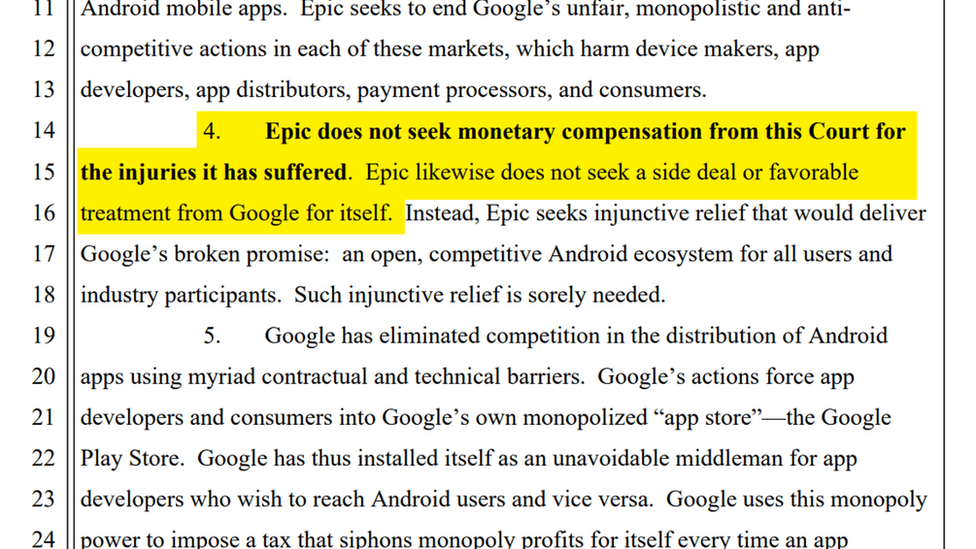On the 13th of August Fortnite was updated by Epic Games on Apple and Android. In this update, players were given the option to make digital payments directly to Epic Games rather than use Apple’s and Google’s payment services. As a result of what was called a violation of their terms and services, both Apple and Google removed Fortnite from their App and Play stores respectively.
Declaring War
In following days, you could describe what happened between Epic Games and Apple as a chess match. Epic Games pre-empted their removal from the App Store and on the same launched a public campaign against Apple; painting themselves as the victim and Apple as the antagonist. If that wasn’t enough, Epic Games then filed lawsuits against Apple and Google on the same day. Epic Games CEO Tim Sweeney wrote to Apple asking to create an Epic Games type storefront for iOS (currently available on Mac and PC) and to also use “competing payment processing options other than Apple payments”. If Apple were to have accepted his request, it would have set a new precedent and leave the door open for organisations and developers to make the same request. Obviously, this request was rejected by Apple, and in response to this Tim Sweeny sent Apple’s CEO, Tim Cook this in an email.
“I’m writing to tell you that Epic will no longer adhere to Apple’s payment processing restrictions”
Epic Games had officially declared war on Apple.
Who drew first blood?
Not long after Epic had filed its lawsuit against Apple, they filed a temporary restraining order in the hopes that Fortnite would be put back onto the App Store and would reinstate Epic Games developer contract whilst the legal battle is going on. However, Judge Yvonne Gonzalez Rogers ruled partially in favour of both companies. The Judge approved the request of Epic Games that’ll allow Epic to continue updating for iOS but rejected their request that would’ve seen Fortnite return to the App Store if approved. The first ruling in this case and it has ended in a stalemate.

Grip Slipping?
This is not the first time that Apple or Google have been involved in a public dispute about their policies regarding in-app purchases. Their policy means that both Apple and Google take 30% of in-app revenues in their respective App Stores whilst not allowing developers to implement alternative payment options for their users. Recently, a number of organisations have publicly called out Apple and Google for their practices and these include:
- Spotify who filed a complaint to the European Commission for Apple’s anti-competitive behaviour
- An antitrust probe by the CCI into Alphabet Inc (Google parent company) for anti-competitive behaviour regarding their play store.
The iron-clad grip that Apple and Google have over their App and Play Stores is gaining a lot of negative attention. Despite this, Apple and Google have been unwavering in the policy when it comes to in-app purchases. This lawsuit will, not for the first time, put Apples anti-competitive practices in the limelight and with a number of commissions and government bodies are investigating the behaviour of big tech firms it may be something that Apple ought to avoid. The App store had revenues of around $50 billion in 2019 (20% of Apple’ total) and the Play Store had revenues of around $30 billion (25% of Googles total).
Without a doubt, with the amount of revenue that the App and Play Stores generates, this suit has got to be worrisome for Apple and Google. This case isn’t over, but just beginning and this time around these tech giants will have to communicate why their iron-clad grip is necessary.


